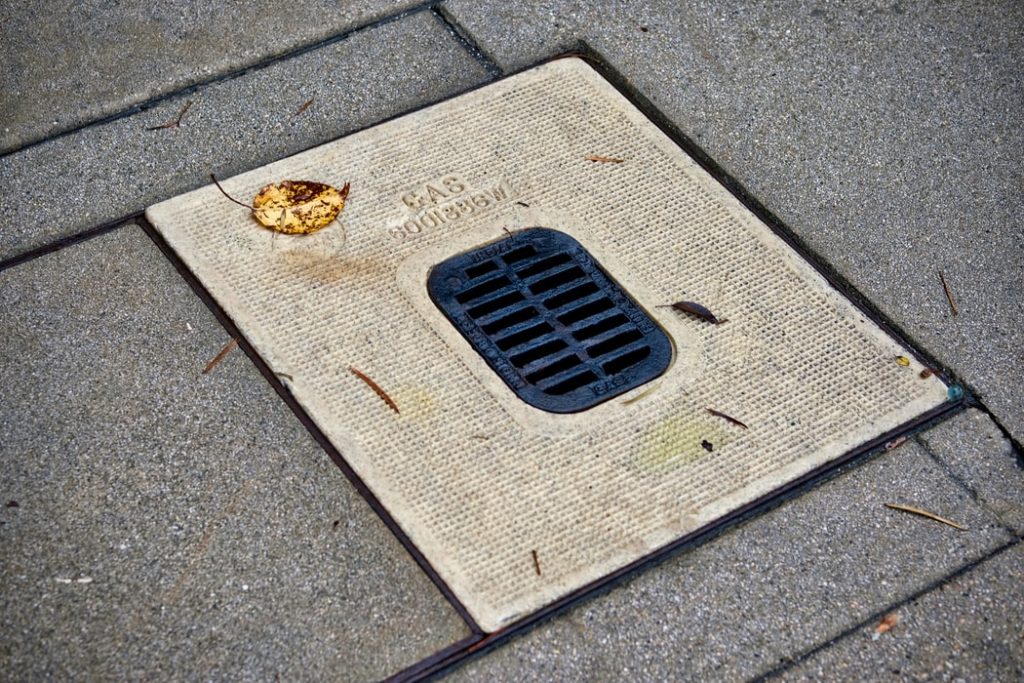Clogged drains are all too common. They’re generally caused by hair getting stuck in the drain after showers, but there are lots of other factors that could account for a clogged drain.
Learning how to prevent clogged drains will keep your plumbing system functioning well and increase its life.

Prevent clogging with these tips
This isn’t an exhaustive list, but it is a great primer on how to keep a drain unclogged:
- Most people’s kitchen drains see a lot of coffee grounds and old food. These can build up over time. If you’ve got any food left over, make sure you dispose of it or compost it, as opposed to putting it in your garbage disposal
- Grease can clog your drains too. If you have used cooking grease, you can recycle it or throw it in the trash instead.
- Bathroom drains are easily clogged with hair. If you attach a mesh screen to the top of your drain, it’ll catch all the hair. Alternately, you could get a stopper for your tub that has a hair catcher built in.
- Toilets are built to manage human waste. Make sure you don’t flush anything denser than toilet paper down them, since your drainage system isn’t equipped to handle major clogs. If you flush something that clogs your drainage system severely, such as feminine hygiene products or diapers, it could create a chokepoint. Chokepoints are high pressure points that can cause the pipes to burstor a backflow, thereby creating a flood. This can be especially hazardous during the current pandemic situation, since good hygiene is the need of the moment.

Clean your drains
While cleaning your drains is absolutely necessary, you also need to make sure you wash your hands with soap for at least 20 seconds afterward. This basic hygiene practice is instrumental in preventing the spread of the COVID-19 virus.
- Clean your drains out at least once a week. Clear out any debris that you can see after removing the sink and tub stopper. Insert a bent wire into the drain and pull out the hair and debris that may be caught in it.
- Your drains need to be flushed once a week as well. Fill the tub using hot water, and then drain it. Run some hot water down the drain after each time you shower.
- Clean your drains using a bacterial drain cleaner as opposed to a chemical drain cleaner. Chemical drain cleaners can damage your pipesby corroding them and thereby compromising your entire plumbing system. Bacterial cleaners are much safer, being both non-corrosive and biodegradable.
We, at Pro Serve Plumbing, are working around the clock to ensure that you get the best plumbing services. Our licensed plumbers are taking every safety precaution possible to limit the spread of the COVID-19 virus. If you need sewer or drain repair or replacement in Fort Worth, or sewer and drain cleaning services, contact us to get your emergency job done safely and immediately.
